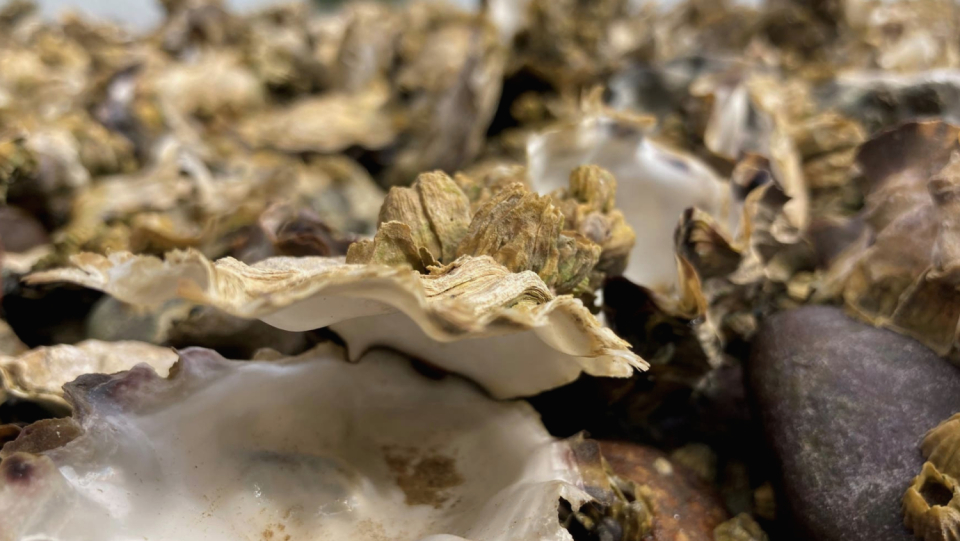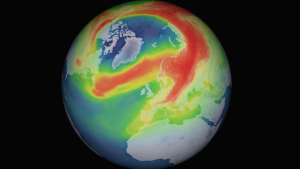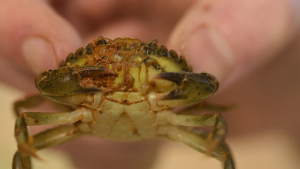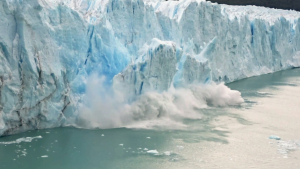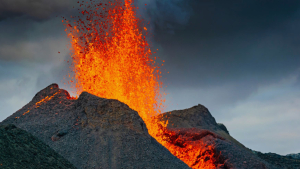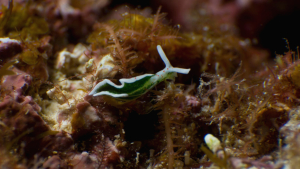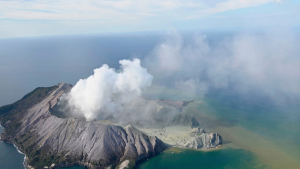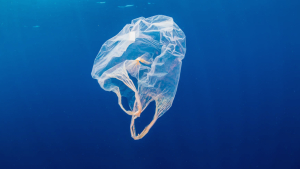Temperatures up to 50 degrees Celsius and rows of records tumbled: The heat wave that hit the US northwest and the west coast of Canada in June 2021 had it all. During this time, some scientists and beach walkers observed that dead and dying mussels appeared on the coasts of the Salish Sea and other regions. An analysis of the data collected quickly at the time shows that the animals fell victim to a "perfect storm", as Wendel Raymond of the University of Washington and his team report in »Ecology«.
The extreme temperatures for the region also hit the lowest tidal levels of the year, which also occurred during the warmest phases of the day. "A worse scenario for the creatures of the tidal zone could not have been imagined," says Raymond. Not every species was equally affected: mussels that burrow deeper into the sediment died less frequently than species that want to survive the low tide near the surface.
Mussels on the inner coast were also particularly affected, where the ebb occurred at the hottest time and where the air temperatures were once again significantly higher than on the outer coasts without an offshore islands. Waves and generally a stronger water movement ensured that the conditions remained more bearable and fewer animals died.
Thanks to the large number of recording points, the working group was even able to identify small-scale differences: Where trees shaded the shore or streams and rivers flowed into the sea, more mussels survived than a few hundred meters away, where the sun could shine in unhindered and no other cooling took place.
Since the heat wave occurred during the period in which many mussels reproduce, the mass extinction could affect the stocks for several years, the researchers fear. And because climate change leads to more frequent extreme heat events, such mass extinction events could also occur more frequently and endanger the species accordingly. A long-term study is to be carried out to further investigate the development of shellfish populations.







